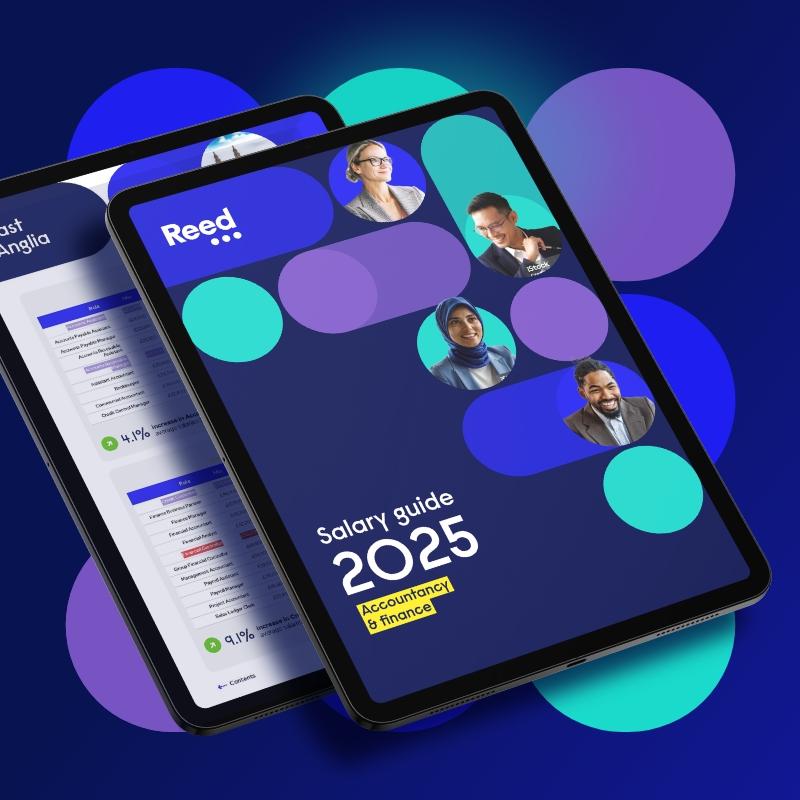The world of temporary workers within the accountancy and finance sector is undergoing a substantial transformation, reflecting the broader changes in the employment landscape as a whole.
Many firms and practices across the industry continue to face financial pressures, forcing them to either reduce their workforce or choose temporary work contracts to maintain operations without incurring the costs of full-time hires.
The market is competitive, as it has been for several years, and firms can miss out on quality talent if they can’t attract and onboard quickly enough.
But what does that mean for the temporary recruitment market?
The current temporary workforce situation
The existing landscape for temporary workers across the sector has witnessed notable shifts and adaptations, in response to various factors including the aftermath of the pandemic and the ongoing cost-of-living crisis.
Many people are seeking temporary or contract work as a way to gain financial stability in the face of current economic uncertainty – paving the way for an increased demand for temp accountants and finance professionals.
Honing in on skill diversification
The industry is experiencing a demand for a broader spectrum of skills within the temporary workforce. While fully qualified accountants remain sought-after, there is a growing trend towards a more multifaceted workforce, encompassing part-qualified accountants, those qualified by experience, and transactional accountants capable of efficiently managing specific tasks.
Remote working is ideal
The emergence of remote work, expedited by the pandemic, has become a fixture in the industry. Accounting and finance firms are increasingly receptive to the idea of remote work, opening opportunities for temporary workers across geographical boundaries.
As the talent pool widens, so too does the competitive edge for firms outside the capital, forcing employers to look at their entire offering: salary, benefits and organisational culture, to attract the best temporary workers.
Technological advancements
The sector is in the midst of a technological revolution, with automation and AI tools altering what were once seen as conventional work processes. As such, temporary workers adept at using these technologies and tools are seen as highly desirable, and invaluable to operational efficiency.
Regulatory changes
The industry is also battling with continuous regulatory changes and evolving accounting standards, necessitating specialised expertise in UK Generally Accepted Accounting Practice (UK GAAP) and International Financial Reporting Standards (IFRS).
Consequently, temporary workers play a pivotal role in aiding firms in ensuring compliance, adapting to new regulations, and maintaining impeccable standards of financial reporting.
Looking towards the future of the temp market
As we look towards the future, several discernible trends and projections may emerge, causing businesses across the sector to develop key strategies to make the most of the temporary market in 2024 and beyond.
Solidifying a versatile workforce
The need for versatile skillsets among temporary workers will continue to grow and be in high demand, as businesses look to keep on top of their budgets.
Firms are increasingly on the lookout for accountants capable of adapting to a variety of roles and responsibilities, from transactional tasks to specialised compliance work.
The continuation of remote work
As it stands, remote work is here to stay, as it offers employers and employees unprecedented flexibility, creating a cost-effective and morale-boosting approach to business.
This trend will likely persist as companies leverage the opportunity to tap into a broader pool of talent and, conversely, professionals access positions irrespective of their physical location.
Emphasis on automation and data analytics skills
Proficiency in automation tools and data analytics will be paramount. Automation and AI are transforming the finance function and reducing the need for manual and repetitive tasks, such as transaction processing, auditing and reporting. This means that accountants need to focus more on business insight, service delivery, risk management and strategic decision-making.
It’s important to identify those temporary workers who can harness the potential of AI, machine learning, and data-driven insights to help firms grow and deliver on their strategies.
Nurturing soft skills
Technical prowess is indispensable, but soft skills like effective communication, collaboration, and adept problem-solving will assume even greater importance. Temporary workers can benefit from the variety and flexibility of their work, as they can gain exposure to different industries, cultures, and practices, and learn from different mentors and peers.
The capacity to seamlessly integrate temp workers with permanent staff will be a critical attribute for business and operational success – communication skills will be crucial.
Approaching 2024
As we approach 2024, the key to success for temporary workers in this sector lies in their ability to embrace change, acquire new skills, and adapt to an evolving landscape. By staying at the forefront of industry developments and honing both their technical and soft skills, temporary workers can position themselves as indispensable assets for accountancy and finance firms.
In doing so, they contribute to the sector's resilience and continued growth, securing a promising future in the dynamic world of accountancy and finance.
Looking to hire a financial professional to your organisation, or searching for your next role? Contact one of our specialist consultants today.




